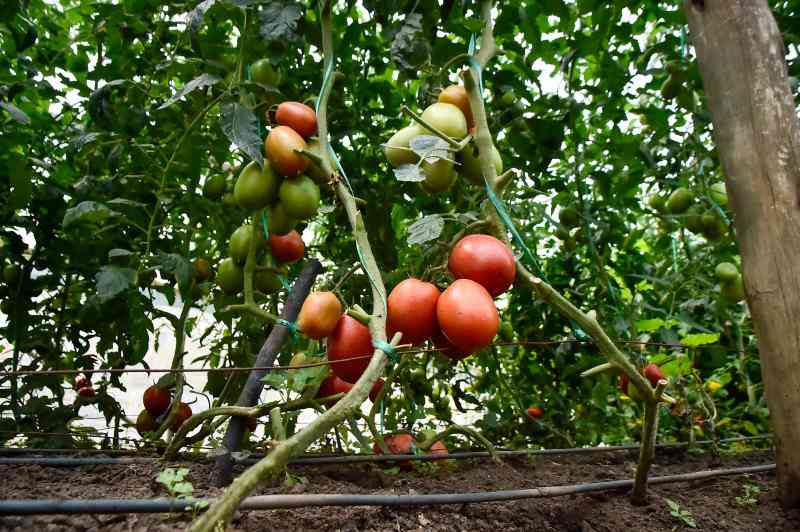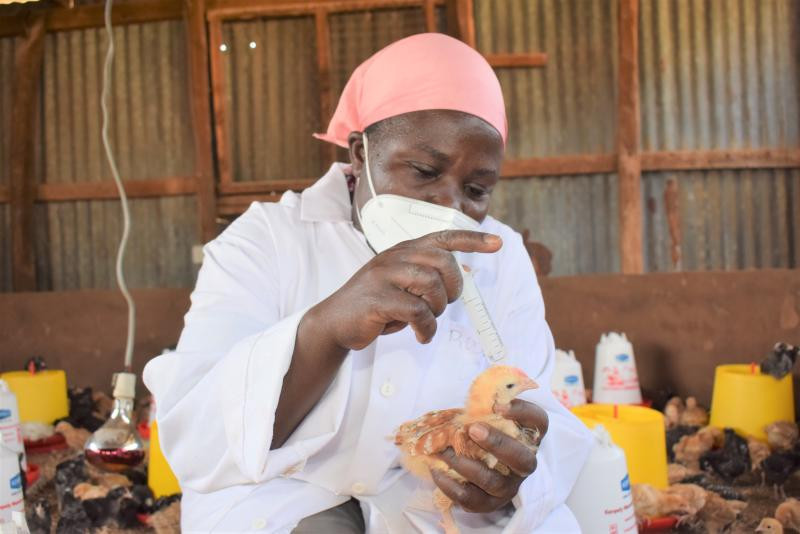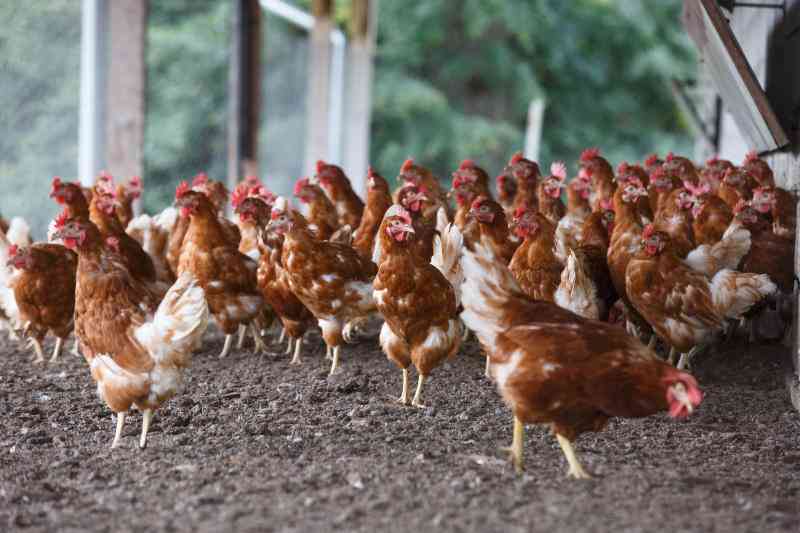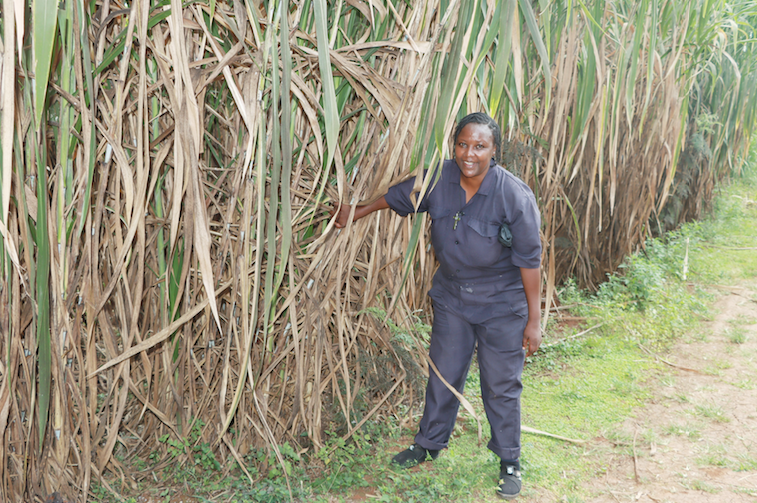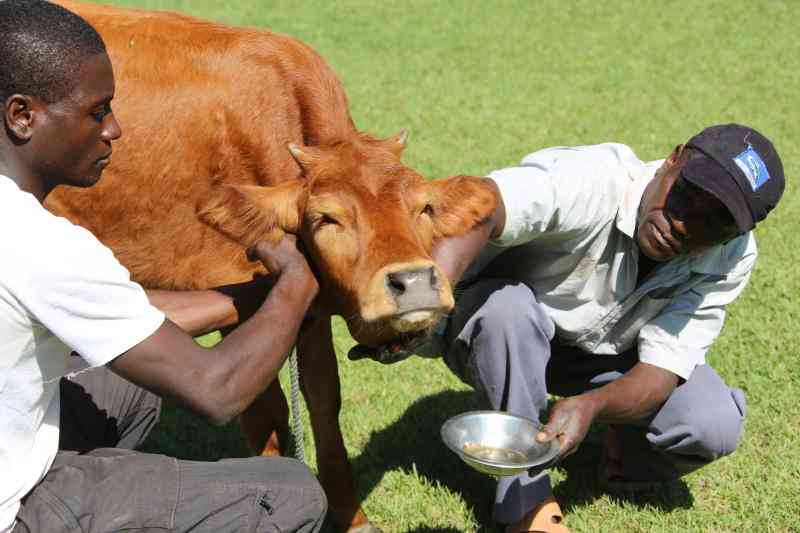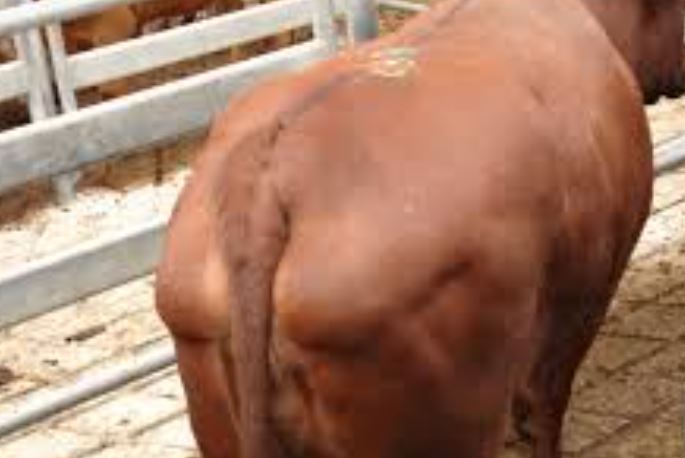
The beef value chain is set to scale a notch higher as Kenya Agricultural and Livestock Research Organization (KALRO) embarks on a series of training to help farmers embrace better methods of beef production.
The training of trainers (Tots) project is targeting lead farmers, County extension staff and service providers from counties implementing Kenya Climate Smart Agricultural Productivity (KCSAP). This training started way back in September 2019 but was been slightly disrupted by Covid-19 pandemic.
The program is now ongoing and according to plans it is set to be halted sometime in December this year.
The trainees are in turn expected to pass on the knowledge they have derived from the two-week program to farmers in their counties to help them adopt better practices of beef production in the wake of climate change.
Speaking during the Beef value chain Tots for Kajiado, Taita Taveta and Kilifi counties at KALRO Dairy Research Institute in Naivasha, Nakuru County recently, Dr. Eliud Kireger, Director-General KALRO, challenged beef farmers to approach beef farming as agribusiness since the traditional beef farming has proved to be unreliable and futile.
He highlighted that beef is the most preferred source of red meat in Kenya and represents 80 per cent of domestic meat consumption.
It is estimated that an individual consumes 15kgs of beef per year. The sector contributes 10 to 13 per cent of the country’s Gross Domestic Product (GDP).
Last year the country’s beef consumption stood at 648,252 metric tonnes but we had a deficit estimated at 300,000 metric tonnes.
Despite this, the dairy sector has been given preference by the State and development agencies and the beef sector continues to be neglected as shown by the poor funding it receives.
He noted that due to climate change, beef animals suffer the pangs of drought and massive flooding that leads to the death of many animals.
The project sponsored by World Bank is expected to have multiple benefits on beef productivity in the country with beneficiaries estimated at about half a million households of smallholder farmers.
During the training, the trainers were taught in-depth via modules on climate, smart agriculture in beef farming, breeding and selection, feeding regimes and alternatives, pasture management, marketing and many more.
The modules were taught and facilitated by KALRO’s beef experts.
Want to get latest farming tips and videos?
Join Us
 The Standard Group Plc is a multi-media organization
with investments in media platforms spanning newspaper print operations,
television, radio broadcasting, digital and online services. The Standard Group
is recognized as a leading multi-media house in Kenya with a key influence in
matters of national and international interest.
The Standard Group Plc is a multi-media organization
with investments in media platforms spanning newspaper print operations,
television, radio broadcasting, digital and online services. The Standard Group
is recognized as a leading multi-media house in Kenya with a key influence in
matters of national and international interest.
 The Standard Group Plc is a multi-media organization
with investments in media platforms spanning newspaper print operations,
television, radio broadcasting, digital and online services. The Standard Group
is recognized as a leading multi-media house in Kenya with a key influence in
matters of national and international interest.
The Standard Group Plc is a multi-media organization
with investments in media platforms spanning newspaper print operations,
television, radio broadcasting, digital and online services. The Standard Group
is recognized as a leading multi-media house in Kenya with a key influence in
matters of national and international interest.


